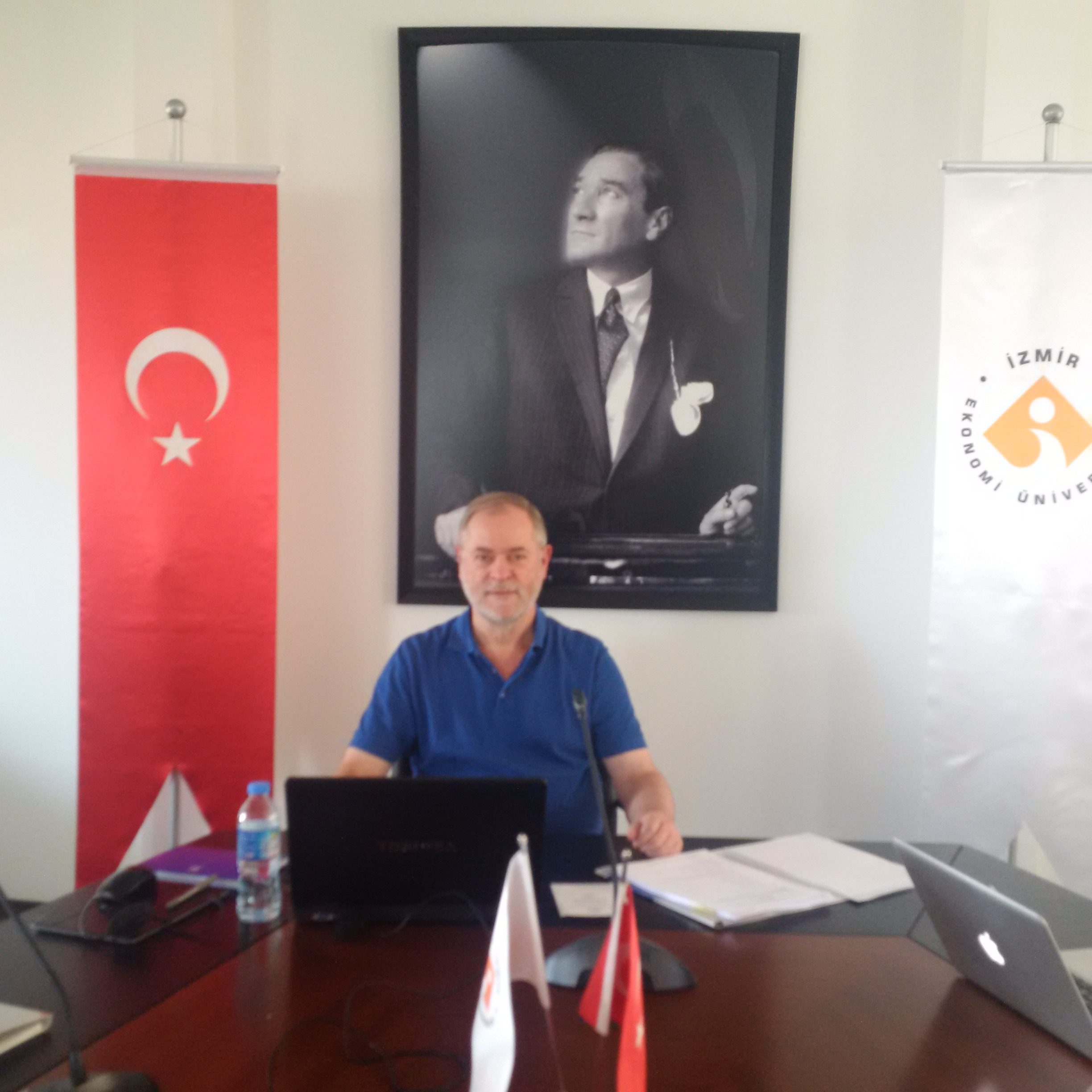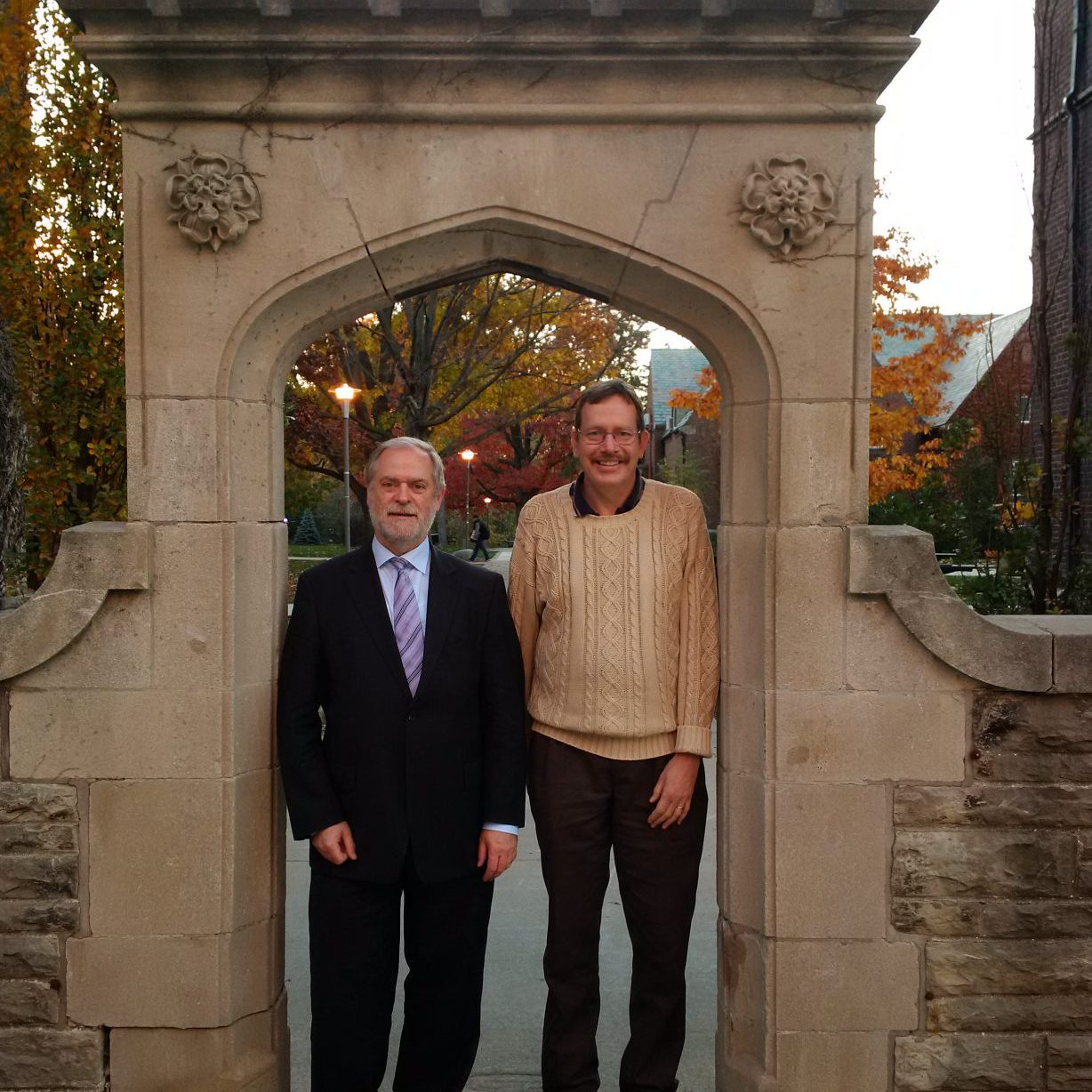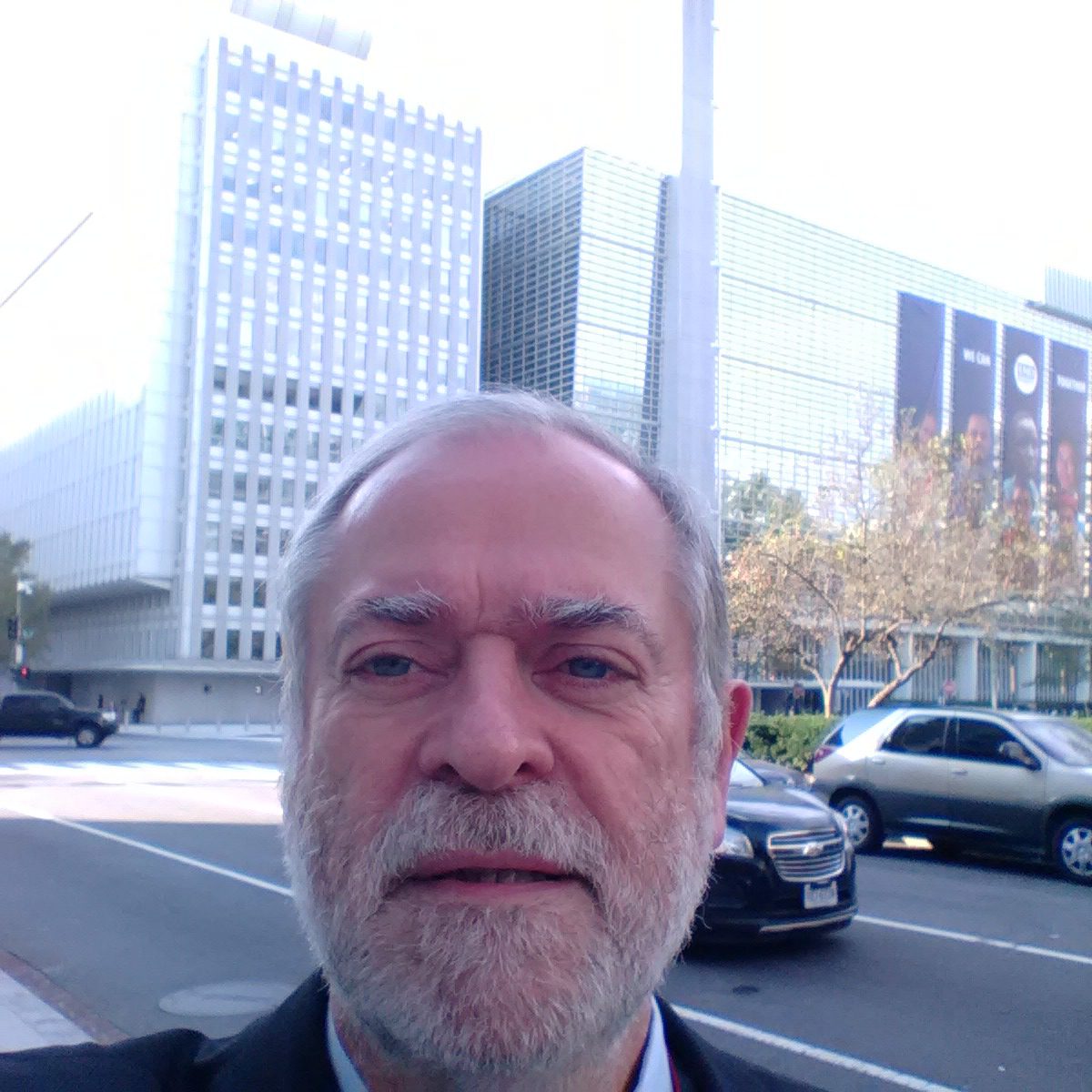Klaus F. Zimmermann, Princeton University und UNU-MERIT, hält am 12. Oktober 2016 die WU-Lecture in Economics in der Wirtschaftsuniversität Wien. Er spricht zum Thema
„Forschungsinstitutionen zwischen akademischer Exzellenz und politischer Relevanz“.
Nach der Begrüßung durch Dekan Jesus Crespo hält Zimmermann seine Lecture. Im Anschluß diskutiert er das Thema gemeinsam mit Martin Kocher (IHS), Margit Schratzenstaller (WIFO), Peter Brandner (Weis[s]e Wirtschaft) und Reinhard Christl (Medienberater/Ökonom) unter der Moderation von Harald Oberhofer (WU/WIFO). Nähere Informationen.
Wissenschaftliche Beiträge von Zimmermann zum Thema
►Advising Policymakers Through the Media, Journal of Economic Education, 35 (2004), 395-405.
►Der Berater als Störenfried: wirtschaftswissenschaftliche Politikberatung, Wirtschaftsdienst, 2, 2008, 101-107.
►Wirtschaftswissenschaftliche Politikberatung: Entscheidungs- beitrag oder Feigenblatt, in: H. Handler und H. Schneider (Eds.), Beratung und Entscheidung in der Wirtschaftspolitik. Industriewissenschaftliches Institut, Wien, 2008, 11-20.
►Publications: German Economic Research Institutes on Track, Scientometrics, 80 (2009), 233-254. (Mit R. Ketzler)
►Comparing the Early Research Performance of PhD Graduates in Labor Economics in Europe and the USA, Scientometrics, 84 (2010), 621-637. (Mit A. Cardoso and P. Guimarães.)
►A Citation-Analysis of Economic Research Institutes, Scientometrics, 95 (2013), 1095-1112. (With R. Ketzler.)
►Evidenzbasierte wissenschaftliche Politikberatung, Journal of Applied Social Science Studies, 134 (2014), 259-270.
►Lobbyisten der Wahrheit, Deutsche Universitätszeitung (DUZ), 3 (2015), 14-15.
►The Internet as a Data Source for Advancement in Social Sciences, International Journal of Manpower, 36 (2015), 2-12. (Mit N. Askitas.)


Ends;













